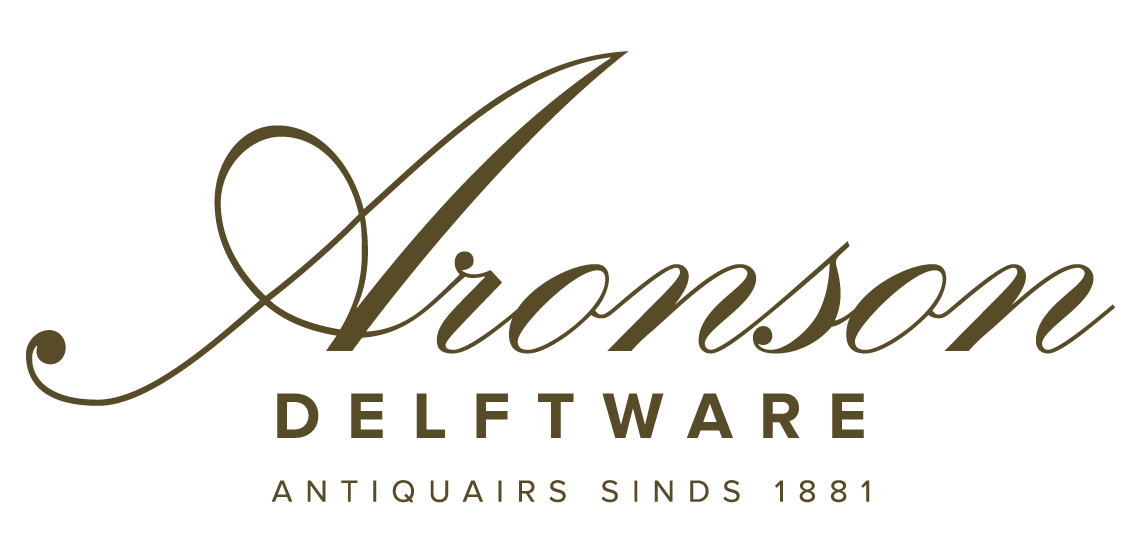Delftware Tureens: a True Delight for the Eye
The dinner table, as with all aspects of the decorative arts, is subject to changing fashions. As the structure of meals has evolved over time, the table settings and decoration have followed suit to complement the variations in each tradition. Beginning in the fifteenth century, a formal meal became increasingly divided into numerous courses. Typically,…










